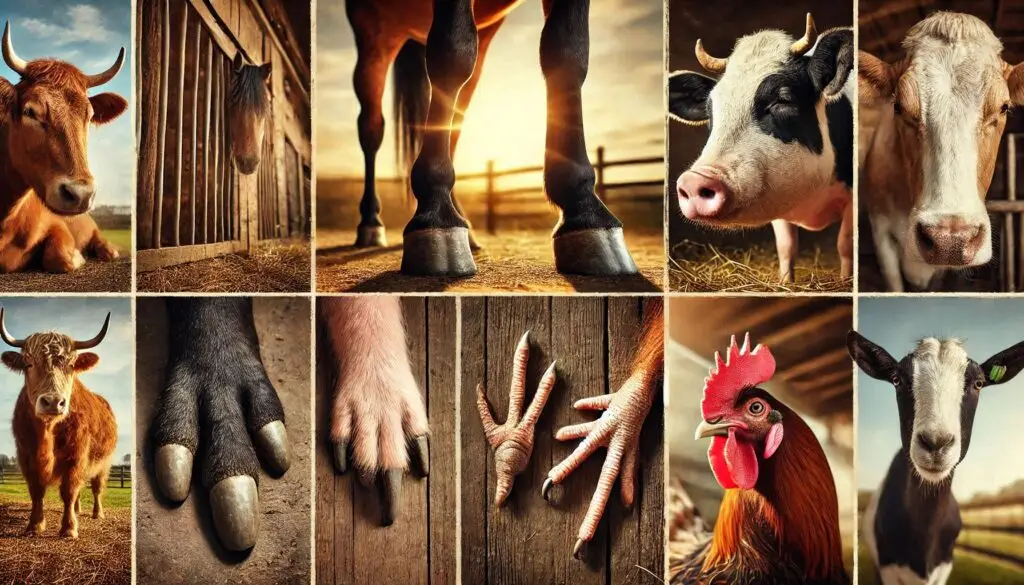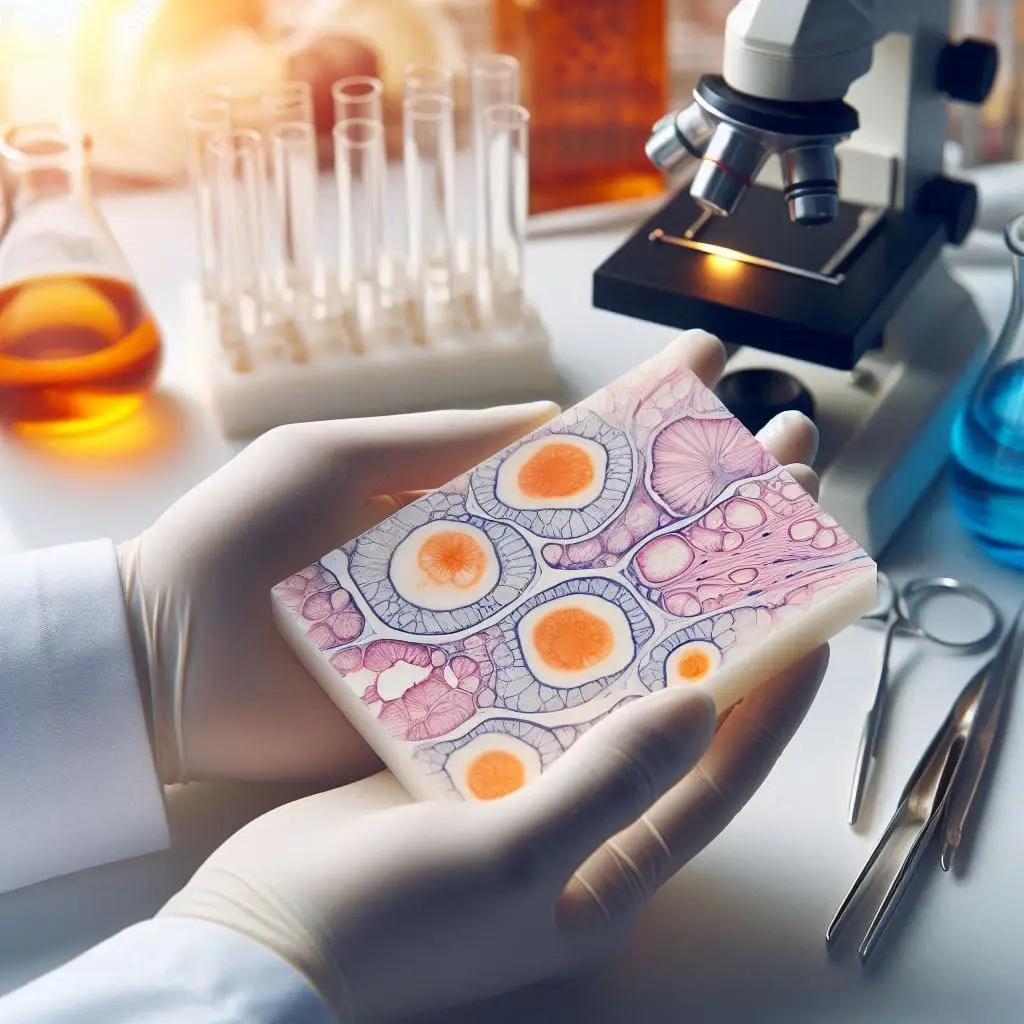Understanding Zinc Deficiency in Livestock

Zinc is a vital mineral for livestock health. It plays a crucial role in various bodily functions, including enzyme activation, immune response, and skin health. This article delves into the importance of zinc, the symptoms of its deficiency in different livestock species, and effective treatment strategies.
Importance of Zinc in Livestock
Zinc is essential for many biological processes. It serves as a cofactor for over 300 enzymes that facilitate digestion and metabolism. Additionally, zinc supports immune function by aiding the production of immune cells. It also plays a significant role in maintaining healthy skin and hooves.
Key Functions of Zinc:
- Enzyme Activation: Zinc activates enzymes necessary for digestion and metabolism.
- Immune Support: It boosts the production of antibodies and immune cells.
- Skin and Hoof Health: Zinc is crucial for keratin production, which maintains skin and hoof integrity.
Causes of Zinc Deficiency
Zinc deficiency can arise from various factors. Understanding these causes is the first step toward prevention.
Dietary Imbalance
One common cause is an unbalanced diet. High levels of calcium or phosphorus can inhibit zinc absorption. Additionally, grazing on soils low in zinc can lead to deficiencies.
Soil Conditions
Certain soil types naturally lack zinc. Acidic soils or those with high organic matter often have lower zinc levels. This can affect the nutritional quality of forage consumed by livestock.
Genetic Factors
Some animals may have hereditary conditions that predispose them to zinc deficiency. For example, Adema disease affects cattle and leads to poor zinc absorption.
Symptoms of Zinc Deficiency
Recognizing the symptoms of zinc deficiency is crucial for timely intervention. Different species exhibit distinct signs.
Cattle
In cattle, zinc deficiency can lead to:
- Skin Lesions: Rough patches or sores on the skin.
- Growth Impairment: Slower growth rates and poor weight gain.
- Reproductive Issues: Decreased fertility and reproductive performance.
- Hoof Problems: Deformed hooves and lameness.
Chicks
Chicks may show:
- Retarded Growth: Slower development compared to healthy peers.
- Foot Abnormalities: Deformities or issues with foot structure.
- Feather Problems: Frizzled or abnormal feather growth.
- Swollen Hock Syndrome: A specific condition linked to zinc deficiency.
Calves
Calves often exhibit:
- Inflammation: Irritation in the mouth or nose.
- Joint Stiffness: Difficulty moving due to stiff joints.
- Swollen Feet: Noticeable swelling indicating potential issues.
- Parakeratosis: Thickened skin that may become rough.
Pigs
In pigs, symptoms include:
- Skin Issues: Lesions or crusty skin.
- Poor Coat Quality: Dry hair and rough skin texture.
- Hair Loss: Noticeable thinning or loss of hair.
Diagnosis of Zinc Deficiency
Diagnosing zinc deficiency involves several steps:
- Clinical Examination: Veterinarians assess visible symptoms like skin lesions or growth issues.
- Diet Analysis: Evaluating the animal’s diet helps identify potential deficiencies.
- Blood Tests: Measuring serum zinc levels provides concrete evidence of deficiency.
Treatment Strategies
Addressing zinc deficiency requires a multi-faceted approach:
Dietary Adjustments
The primary treatment involves adjusting the diet to include more zinc-rich foods. This can be achieved by:
- Adding zinc supplements directly to feed.
- Using mineral blocks that contain zinc.
Supplementation
In cases where dietary changes are insufficient:
- Injectable zinc supplements can provide immediate relief during critical life stages such as breeding or calving.
Monitoring Soil Quality
For grazing animals, improving soil quality can help prevent deficiencies:
- Testing soil for nutrient levels ensures adequate minerals are available in pastures.
Prevention Strategies
Preventing zinc deficiency is more effective than treating it after it occurs. Here are some strategies:
- Balanced Diets: Ensure livestock receive a well-balanced diet rich in essential minerals, including zinc.
- Regular Soil Testing: Conduct soil tests to monitor nutrient levels on grazing land.
- Education and Awareness: Train farm staff on recognizing symptoms of deficiencies early.
Conclusion
Zinc deficiency poses significant risks to livestock health and productivity. By understanding its importance, recognizing symptoms, and implementing effective treatment strategies, farmers can ensure their animals remain healthy and productive. Regular monitoring and preventive measures will go a long way in maintaining optimal zinc levels in livestock diets.
For more pearls of Vets Wisdom:
https://wiseias.com/partitioning-of-food-energy-within-animals/




Responses